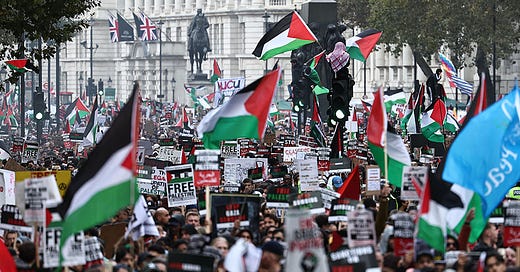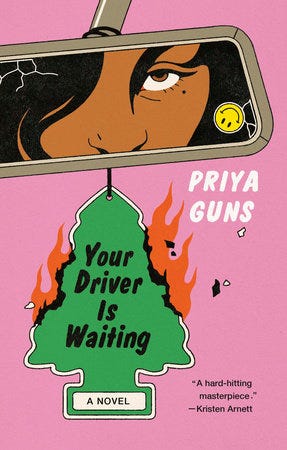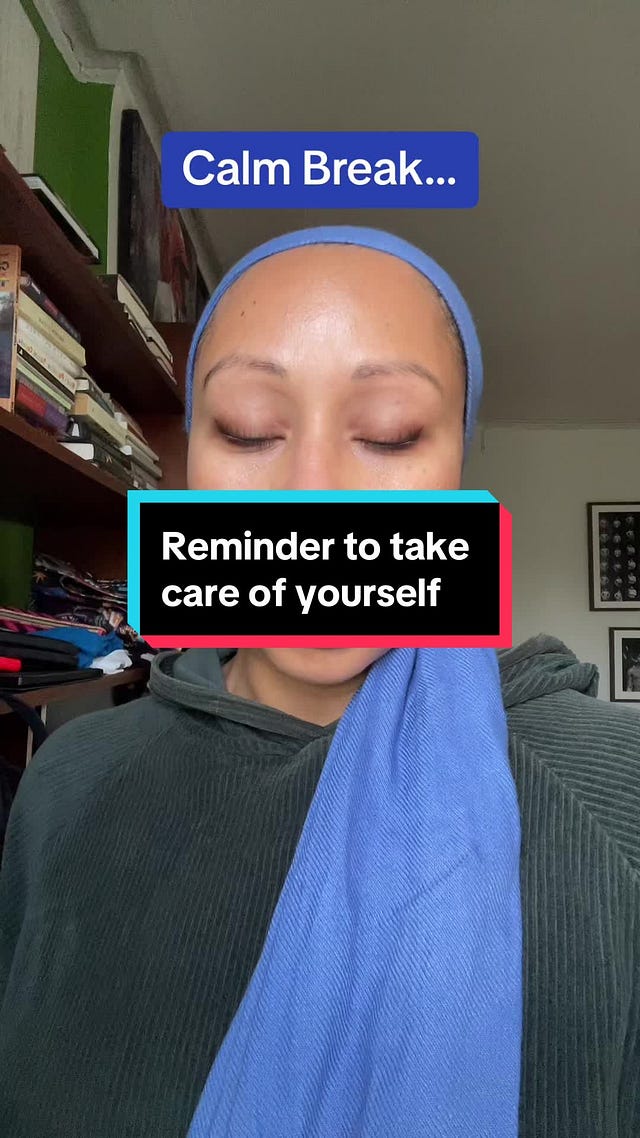“It is much easier to start a war than to end one, Yassmin.”
These words were shared by a Lebanese friend during the early weeks of the 2023 Sudanese war, as I begged her for help, for guidance, for a roadmap out of the mess Sudan was careening into. I wanted to know how the wanton destruction would end, what would bring a halt to the shelling and gunfire, what would return a semblance of normality to the lives of Sudanese people in country and around the world. My friend could provide none of those answers, because they did not exist.
“At some point, you have to accept that you cannot change what is happening,” she said, a kindness that stung like a slap. But if the highest diplomats at the UN couldn’t sway the belligerents, who was I to?
I swallowed this bitter pill like a mouthful of rocks.
As someone who likes to change things, whose sense of agency is key to my identity, my powerlessness in the face of the Sudanese war was paralysing, depressing in the most profound of ways. I did not want to accept it. In some ways, I still refuse to. I continue to ‘make content’, organise fundraising events, striving to do something, anything, to keep the story of the country of my birth alive, no matter how ineffectual.
But if I am honest with myself, more than six months in, I have not sustained the level of engagement I thought I would. I have been thinking about this, as hundreds of thousands come out around the world for a Free Palestine while Israel begins a ground incursion into Gaza.
How will we sustain this fight? How will this end?
When conflict in Sudan first erupted on April 15th, 2023, the war became my life.
The first few weeks were dedicated to the emergency response. Organising neighbourhood evacuations via social media, reporting on the water shortages, the electricity blackouts, the storming of hospitals, worse. The students trapped in the university for days, hunted down and violated by militia in their classrooms. The stories were endless, horrific, but we - on the outside - found strength in our ability to help. These were also the days we thought diplomatic negotiations might bear fruit…
Next came helping people folks leave the country, responding to the humanitarian crisis at the borders with Chad and Egypt. Exchanging details via whatsapp, who has bus transport here, who can help visa situation there. On the Egyptian side, it was about figuring out how to get money to the organisations on the ground, how to support those who were making it over. We - volunteers, diaspora - were doing the work of the UNHCR, alongside small organisations suddenly overwhelmed. It was confusing work, but again, it felt like there was some hope…
I threw myself into all this organising with the fervour of a desperate woman. I updated eyesonsudan.net, attended protests, wrote articles, read analysis. I ignored messages, dropped balls, applied myself wholly and completely to the cause of the Sudanese people, until I made myself sick. Two weeks in bed, then again. And again.
At some point in late June, I lifted my head out of the torrent. I took a breath, for the first time in months, and opened my inbox.
It was time.
I had to find a way back to my life.
I expected to be overcome with guilt and regret. I expected to feel shame, at my choice to ‘live’ as if all was normal, while my childhood home was raided by the militia, while my family was flung across the Sahara like debris, while folks in Darfur once again, saw the inhumane maw of genocide.
But living is not the same as forgetting, is it?
“Remember, Allah put you here,” the same Lebanese friend said to me. “Allah did not put you in the path of a rocket, or in the hospitals on the ground.” I had been wishing that I was there, on the front line, in a resistance committee or being made a martyr. It felt unbearable, to watch from afar.
“This is the burden you have been tasked with.”
The burden of living, while knowing. The burden of finding a balance between the blessings Allah has bestowed upon us: safety, language, cultural capital, and our obligation and duty to the cause. The burden of looking after ourselves so we can do this work for our whole lives, not just for months at a time, self-immolation by doomscroll, the flagellation utterly self-inflicted, a byproduct of our own guilt.
We all have our burdens, in striving for justice. While throwing ourselves onto the burning pyre may seem like the highest calling, the purest form of dedication, it is not the only choice. It cannot be the only choice.
What are we fighting for, if not to live?
This week’s recommendations are somewhere between informative, and escapist…
Killers of the Flower Moon
I would not usually recommend a 3.5 hr film - or a Martin Scorsese for that matter, given my dislike of violence in art. But I saw this the other day, and do recommend - with the length based caveat. If you’re looking for a proper film to immerse you in stomach knotting tension and drama, along with the telling of a true story that is important to witness, KotFM is worth checking out (either in theatres, or on Apple TV in due course). A hell of a cautionary tale about marrying a white man, tell you that much!
Your Driver is Waiting
Recommended by a friend, this is a book featuring a queer Tamily protagonist who works as a driver for a ride-share app. It tackles big social issues through wry humour and careening drama. An impressive debut by Priya Guns.
According to reviewers, “Your Driver Is Waiting” is an ambitious project, taking on performative ally-ship, racial discrimination and the class system all at once.
Have you read it? Let me know what you think!
The Continent
Some of the best journalism from Africa, this week The Continent featured a cover reminding readers about Sudan. I highly recommend signing up, it’s meant to be read on your phone and delivered via WhatsApp and Signal once a week. Check it here.
Final Recommendation: If you’re an artist, I recommend signing Artists Against Apartheid, which I have signed alongside thousands of other artists. You can read the statement and find out more information here.
Thank you, as always for reading and supporting my work. Big shout out to this week’s newest paid subscribers: Sara, Conor, Dylin, Marya and Anon! So many of you this week, I am eternally grateful. As a freelancer of almost a decade, income from this newsletter makes the world of difference, and every little bit counts. If you feel like you have the capacity to support my work, do consider upgrading to a paid subscription.
I leave you with the news that Kenya will soon be visa-free for African visitors (yay a borderless world!) and a tiktok I made, reminding myself to breathe.
Until next week inshallah.
Yassmin











Thank you for these reflections, sis. It’s so hard, and I am sorry you got unwell in trying to find a way to make a difference - really relate. Sending you lots of love and strength always, through these toughest of times especially xx
I love that you always come back to Allah Tala in every post. It’s important to understand that Allah is the best of planners and every little helps! May he provide the Palestinians the peace they deserve 💕